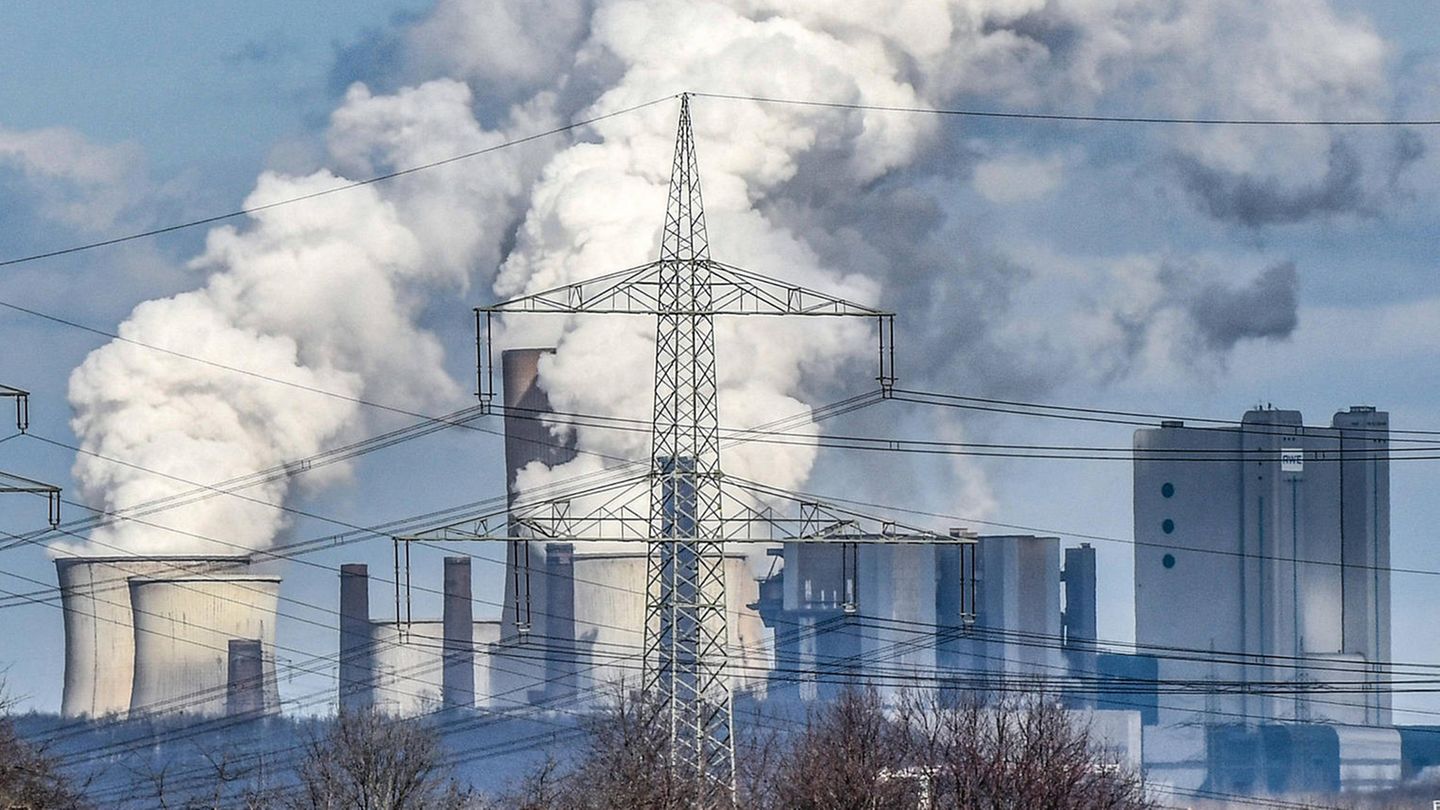Actually, CO2 emissions should decrease. But almost ten years after the Paris Climate Agreement, the values of some companies and countries are rising steeply. An overview.
Creating the energy transition with Shell – is that possible? The company certainly believes that. Or at least that’s what consumers and decision makers would like to believe. The company sees itself as a “significant investor in the energy transition” because it wants to support low-carbon energy solutions with ten to 15 billion US dollars by the end of 2025. In addition, emissions are to be halved compared to those from 2016 by 2030. More than 60 percent of the goal has already been achieved.
But Shell is one of the top ten global companies that have increased their CO2 emissions since the signing of the Paris Climate Agreement. At least that’s what it suggests. For the study, scientists evaluated emissions figures from coal, oil and gas production as well as cement production from 122 climate sinners and determined: 78 companies and states are responsible for 70 percent of global CO2 emissions since the 1850s. In the past eight years, 57 companies and countries accounted for 80 percent of global emissions. Shell is ranked fourth among the top emitters.
In 2016, almost 200 countries actually agreed to better protect the climate and the environment. How exactly the goals should be implemented was up to each individual. However, the data analysis shows that it doesn’t seem to work without sanctions and mandatory guidelines. Compared to the years before the agreement, some mega-corporations and countries have continued to massively increase their emissions in recent years. This applies to 55 percent of private companies and 65 percent of states and the companies they control.
Coal production in Asia has increased massively
Values rose particularly sharply in Asia, the report says. 87 percent of companies based there have increased their carbon footprint, closely followed by companies in the Middle East. The further west, the lower the proportion of those who emit the harmful greenhouse gas into the atmosphere. But even there, it is still more than half of the companies examined.
In their report for Carbon Major, the scientists attribute the increase to coal production, which has recently risen sharply, particularly in Asia. Following the Paris Agreement, private and state-owned companies increased global coal consumption by almost eight percent by 2022. The scientists put the emissions from the funding at almost 50 percent. The leader is China, whose coal production is responsible for 14 percent of global emissions. Scientists expect a new high this year.
The biggest climate offenders
This is how Major Data works
The data platform Major Data determines the CO2 emissions collected at the national level and assigns them to companies that extract and produce fossil fuels. Companies that emit at least eight megatons of CO2 annually are taken into account in the evaluation. The report analyzed emissions since 1854 from 122 industrial companies and countries worldwide.
Overall, nation states are responsible for 36 percent of global emissions. According to the evaluation, China, the former Soviet Union, Poland and today’s Russia are at the top. Among the state-owned companies, Saudi Aramco, Gazprom and the National Iranian Oil Company are among the top issuers.
Private companies produced 440 gigatons of carbon dioxide, which is just over 30 percent of global emissions. The front runners: The US companies Chevron and Exxon Mobil as well as the British competitors BP and Shell. Exxon Mobil alone is said to have produced 3.6 gigatons of CO2 over the past ten years; this corresponds to 1.4 percent of total emissions.
Western companies like Shell had set their own climate targets. How exactly they take this is shown. The British BP group, which originally wanted to reduce its CO₂ emissions by 35 percent by 2030, has reduced the targets to 20 to 30 percent. According to the report, Exxon Mobil stopped financing a prestigious project to produce low-carbon fuels from algae and instead announced that it wanted to double production from US shale oil fields within the next five years. Shell planned to gradually reduce oil production by one to two percent each year. According to “Euronews” the company has given up the intention.
Analyst criticizes companies
Carbon Major founder Richard Heede described the expansion and production of coal as “morally reprehensible”. : “Don’t blame consumers who are forced to rely on oil and gas because of government capture by oil and gas companies.”
Source: Stern




